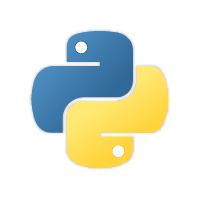- cross-posted to:
- python@lemmy.ml
- cross-posted to:
- python@lemmy.ml
This update just makes me thirstier for the next level optimizer currently in work. I think it’s supposed to come out with 3.13.
itertools.batched() is pretty neat.
This broke Pytest for us, not sure if it’s an us problem, pytest problem, or Python 3.12 problem. Basically, it uses a ton of RAM until it gets killed by the OOM (I’m running in a Docker container w/ 3GB max RAM limit).
I’ll post back when I get it working, but that’s blocking our upgrade for now. Will probably revisit in a couple months after we get some projects shipped so we don’t fall too far behind.
How do you guys update python versions and all the libraries you have installed? I have multiple like
- pygame
- ptpython
- pandas
- Pillow
- icecream
- … is it not a massive hassle to have to reinstall all of this with every new version and fight the old version on ubuntu?
You are 100% right, that’s why we use virtual environments. Specifically we use poetry, which is fine.
Pyenv! Let the OS have its own version and work on whatever version you want, whenever.
Also pipx for cli tools. It creates isolated environments for every tool you install. And upgrading is one command away
pipx reinstall-all --python (your pyenv).
On Linux, I’d just build my own Python binaries and make them available. But you can also use pyenv for the same thing if you’re ok with it.
Then, using poetry, I have different projects with isolated environments.



